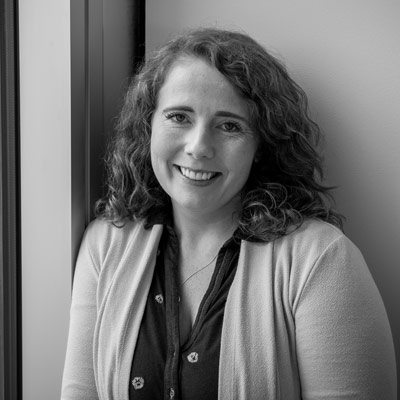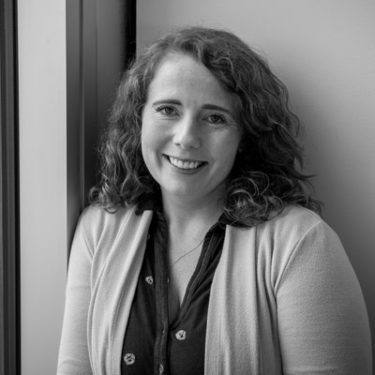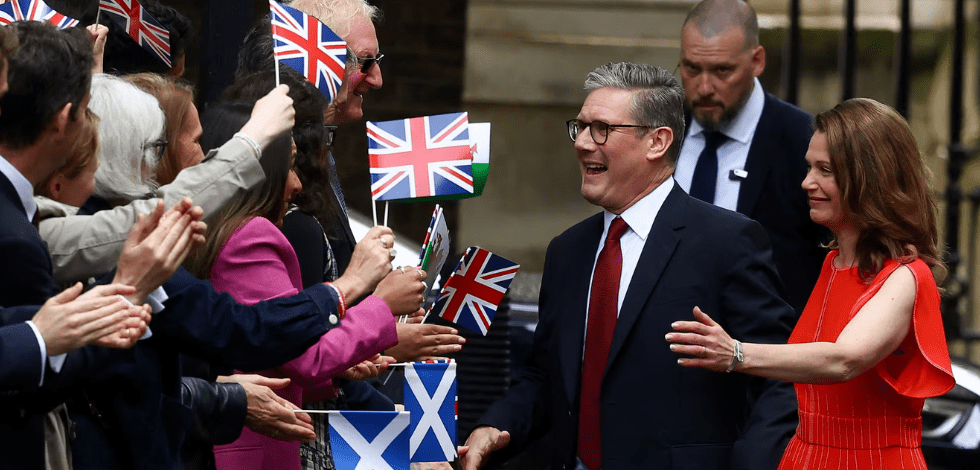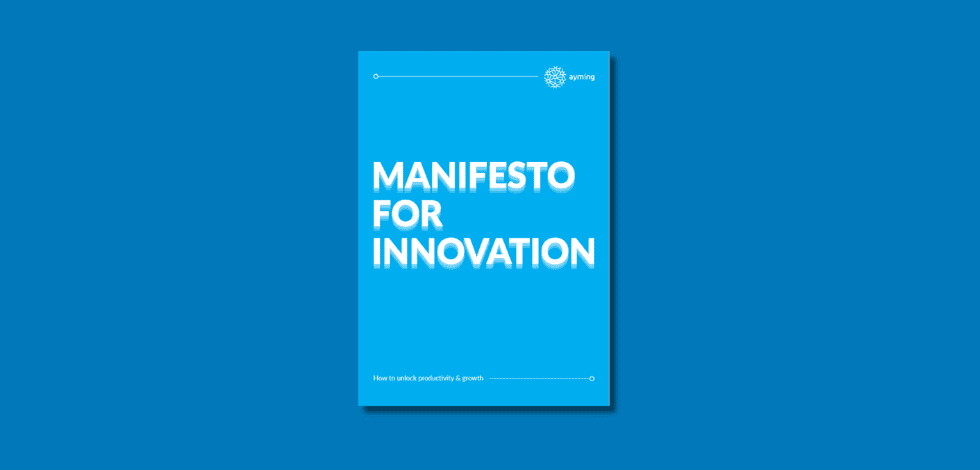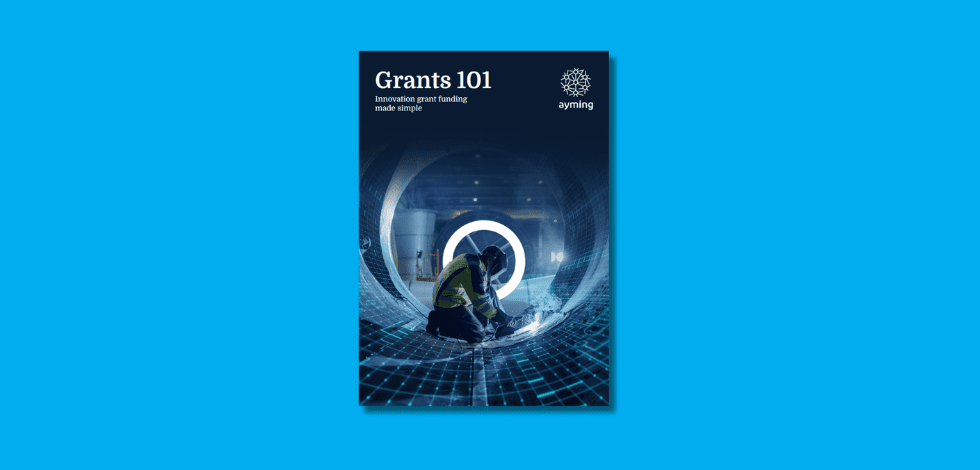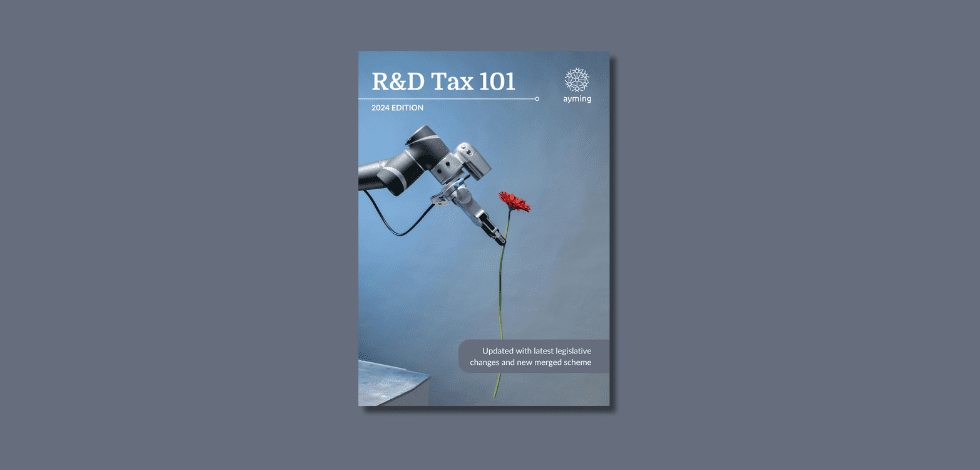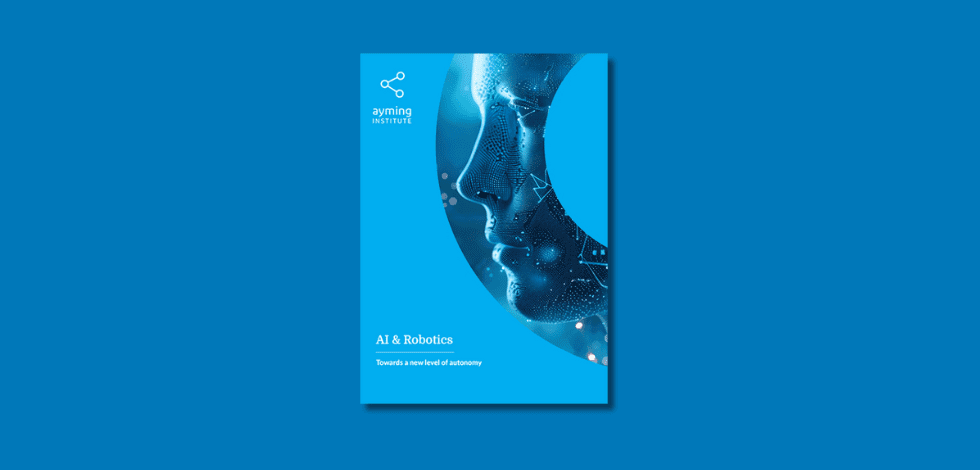International Women in Engineering Day, or INWED, was set up in 2014 by The Women’s Engineering Society, a charity and professional network of women engineers, scientists and technologists. To celebrate #INWED22, we spoke to two of our engineering consultants about their backgrounds and what INWED means for them. Below, former Marine Engineer turned R&D Tax Consultant Abigail Doherty gives her answers…
What inspired you to start a career in engineering?
When I was younger, I used to build and repair old cars with my dad. It was great fun and definitely got me interested in mechanics. I was always interested in taking things apart to find out how they worked; this combined with enjoying maths and science in school, made engineering a logical choice for me.
What was your first job after university?
I worked as an electrical design engineer for triumph motorcycles straight out of university. It wasn’t the most exciting job day to day, with a lot of CAD design work, but the track days were definitely a big plus. Until then, I had never been around an entire test track doing a wheelie or jumping an American-style chopper bike!
How did you get into Consulting?
Purely by good fortune, I had been sailing the world as a marine engineer for 7 years but wanted to come ashore. I wanted to use my engineering knowledge and skills but move to a role where I wasn’t on the tools as much. I liked the idea of renewable technology as a field, so when I found the opportunity to see and understand lots of research projects in a consulting role, I jumped at the chance.
What challenges do women face in the engineering world, and did you encounter any?
I have had a mixed experience as a woman in engineering. I have had great bosses and senior engineers treat me like my male counterparts with no prejudice. However, I have had the odd one who chose to use me to do paperwork and spares storekeeping while men of the same rank did mechanical engineering jobs. I wouldn’t say this put me off; it just meant I worked much harder to prove myself to every boss I have had.
What tips would you give to young women (or your younger self) who may be considering engineering as a career choice/study option?
I would say go for it! Engineering is a great field; it’s dynamic and challenging, making every day enjoyable. I think there aren’t many career paths with the variety of opportunities which engineering provides. Still, you need to be willing to work hard, and it will be a rewarding study option.
What are the key lessons you have learnt throughout your career journey?
I guess the key lesson was that you can achieve anything you want, just as long as you work hard and set your mind to it. Be it a promotion, a new job role, or simply choosing a career like engineering when you don’t know precisely what you want to do, go for it, put your all in, and you will get there.
This year’s International Women in Engineering Day theme is Inventors and Innovators. Can you tell us a female Inventor or Innovator who has inspired your career?
Marissa Mayer was the first female engineer to join google and subsequently the first female CEO of a Fortune 500 company. She is definitely an inspirational female engineer. Marissa took part in the design and innovation of some of Google’s flagship programs. She then went on to be one of the most powerful businesswomen in the world. She shows what can happen when women are driven and find an engineering field where they can use all their skills and determination to succeed.
Why do you think there is a shortage of women in engineering?
I think it’s still viewed as a male career path which just isn’t true. There may be more men in engineering at the moment, but there’s nothing in the industry that women can’t do just as well. I, for one, have loved my career and the engineering roles and wouldn’t change any of it!
What do you feel the industry and educators can do to showcase and promote engineering roles to women?
This is a tricky question as I don’t feel it is the educators or the industry professionals who fail to promote engineering roles to women. Since joining the industry, every company I have worked with has been trying to encourage more women to join. The issue is society as a whole. We just need to keep chipping away at gender stereotypes surrounding careers like engineering. We need to allow young people to think about what they enjoy and what career might be right for them, rather than worrying if the job is a man’s or a woman’s role. They should see all the career opportunities open to them and not be swayed by current gender ratios in a particular sector or career.
What do you love the most about your job now?
I am still very new to consulting, but the team has been the highlight for me so far. To find an exciting engineering-based role with a great group of colleagues has always been my dream.
What key message would you like to get across for International Women in Engineering Day?
That women make great engineers. Problem-solving and logical thinking is a huge part of engineering, both of which women can excel at as much as men. So if you’re considering studying engineering or changing your career to an engineering role, I encourage you to do it. Engineering is a fascinating and exciting field to work in, and I would recommend it to anyone interested in it, male or female. It’s not a male-only field, even if currently there are more men overall in the sector.




